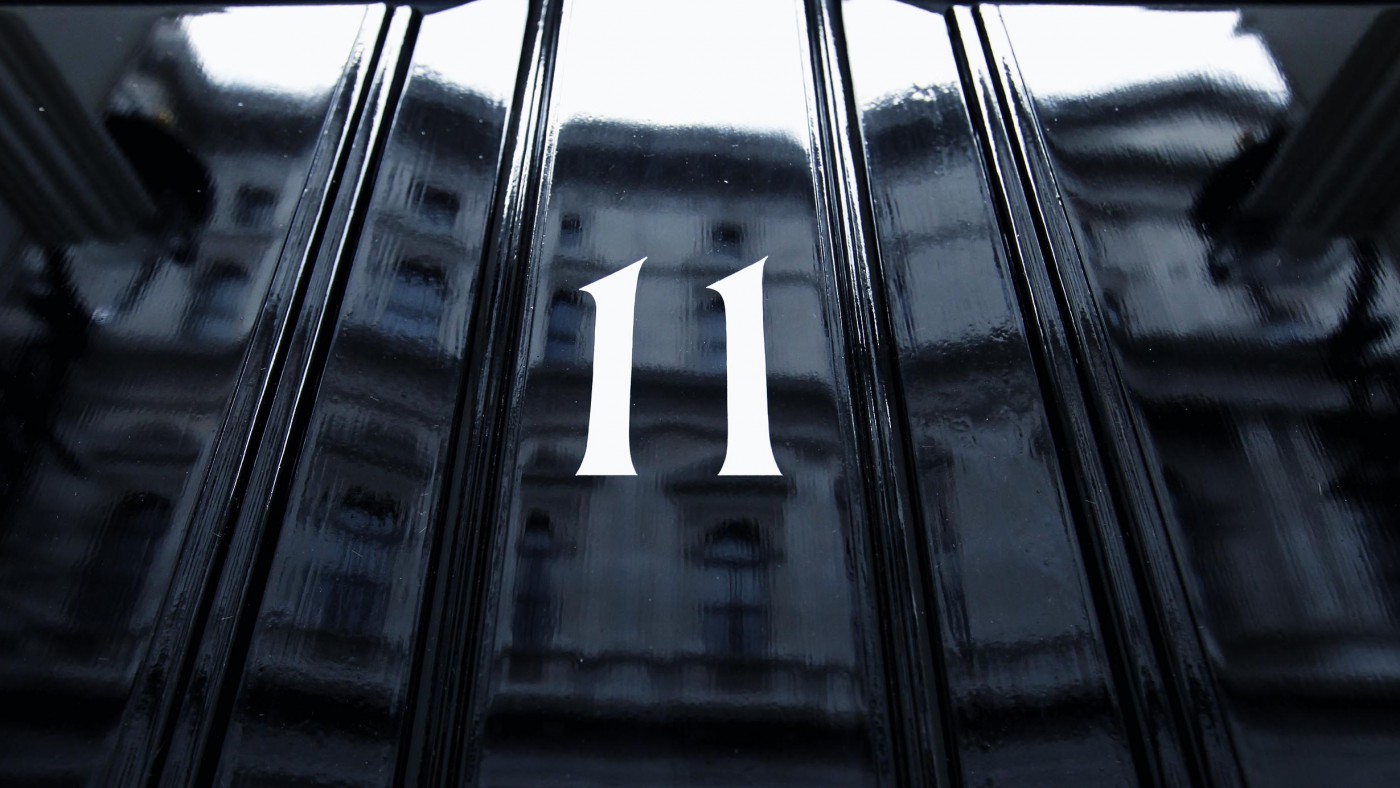There has been the tax credits fiasco. The threatened strike by junior doctors. The last rites for Britain’s steel industry. An upsurge in immigration. A scandal in the Tory youth wing. Anger at David Cameron’s pusillanimous EU renegotiation strategy. Weaker than expected jobs numbers. Faltering performance on deficit reduction. Slower economic growth. And the result? The Tory lead increased to 15% in a ComRes opinion poll for the Sunday Mirror and Independent on Sunday. The Tories could be forgiven for thinking that they might be able to get away with almost anything as long as Jeremy Corbyn is leader of the Labour Party – and they might be right.
The Tories need to use this extraordinary time in British politics to do the things that might kill them politically if they were facing a half decent opposition. And at the top of that list must be deficit reduction. We learnt on Friday that public spending is actually going up. The Institute of Economic Affairs has documented why. Although spending has been slashed on housing and community amenities (by 22%), transport (minus 11%) and public order and safety (down by 15%) it’s as if Gordon Brown was still Chancellor in many other respects. Real spending on health is up by 4.5%, international aid by 27% and the huge social protection budget – including pensions – has risen by 4.4%. Pensioners are getting big increases in their benefits even though the typical retired person is already £9 a week better off than the average Briton of working age. This lopsided spending performance explains why the deficit, although down from a peak of more than £150 billion a year, is still close to a humongous £80 billion – about £10 billion more than George Osborne’s endlessly revised projections had promised.
The TaxPayers’ Alliance has offered a list of cuts as part of its “Spending Plan”. It would abolish the Whitehall departments for Business, for Energy and Climate Change and for Culture – saving £7.5 billion. It would abolish the pensions ‘triple lock’ whereby pensions will rise by a budget-busting 2.9% this year, even though inflation is falling – saving £6.8 billion. It would cut Scotland’s grant by £4.4 billion. It would scrap national pay bargaining in the public sector to save £5.8 billion. These savings (and they have others) add up to £24.5 billion. But they also add up to a war with pensioners (and Osborne rightly fears the grey vote more than the student vote that Nick Clegg famously offended); a second Scottish referendum (remember “The Vow” to maintain the Barnett formula?); and an end to Osborne’s Northern Strategy (decentralised public sector pay would suck spending power towards London and the South). In other words there is no easy way of getting rid of Britain’s deficit – and any or all of these measures would test my “you-can-do-anything-with-Corbyn-as-leader” rule to destruction.
It’s easy for me – or the TaxPayers’ Alliance – to say that George Osborne deserves his plight. Those of us who opposed the ringfencing of pensions or who think petrol duty should rise when oil prices are falling ignore the politics of both and similar measures. After I had written a piece criticising “socialism for pensioners” one Cabinet minister was quick to rebuke me: “Miliband would be in power right now with his Moses concrete slab in the Number 10 rose garden and Alex Salmond would be in the drawing room tweaking the Scottish budget if we had not promised to increase pensions”. I can’t say that that minister is wrong and I’m often grateful that I’m a pundit and not a politician.
The most important characteristic of the cuts that George Osborne must set out on Wednesday is that they are enough to deliver his surplus target that is now enshrined in law. The second most important characteristic is that they are fair and seen to be fair. The cuts to tax credits failed this test. The tax credit bill must be reduced if the country is to live within its means but they are hard to justify when the wealthy are seeing their inheritance tax bills reduced and when changes to income tax thresholds largely benefit high income, two earner households. The Chancellor can try to hide the distributional impact of fiscal measures by not publishing the necessary graphs in Treasury publications but the public won’t be fooled. If he doesn’t come clean the Institute of Fiscal Studies, the Resolution Foundation, Joseph Rowntree and the Centre for Social Justice will come clean for him. Those graphs are as an important way of keeping the Chancellor “compassionate” as the surplus rule is necessary to keeping him “austere”.
Senior Tories often note that George Osborne is already cutting more – and over a longer period – than the Iron Lady ever managed and that is partly true. But Margaret Thatcher’s number one objective wasn’t the elimination of the deficit. It was the taming of inflation. The democratisation of baron-run trade unions. And the defeat of unilateral nuclear disarmers. She succeeded in each of her principal aims and that is why so many of us remember her so fondly – almost exactly 25 years after her own party forced her to resign. Osborne will be remembered in 2040/ 2045 if he succeeds in his key mission. And, as Mrs Thatcher remarked at the height of the miners’ strike: “you do not achieve anything without trouble, ever.” That trouble must begin on Wednesday in the Autumn Statement. David Cameron should be braced for a severe bout of mid-term unpopularity. He could become a very unpopular prime minister by late 2016 and early 2017 – just in time for when he leads the In/Out referendum. Another reason for Eurosceptic Tories to embrace cuts.


